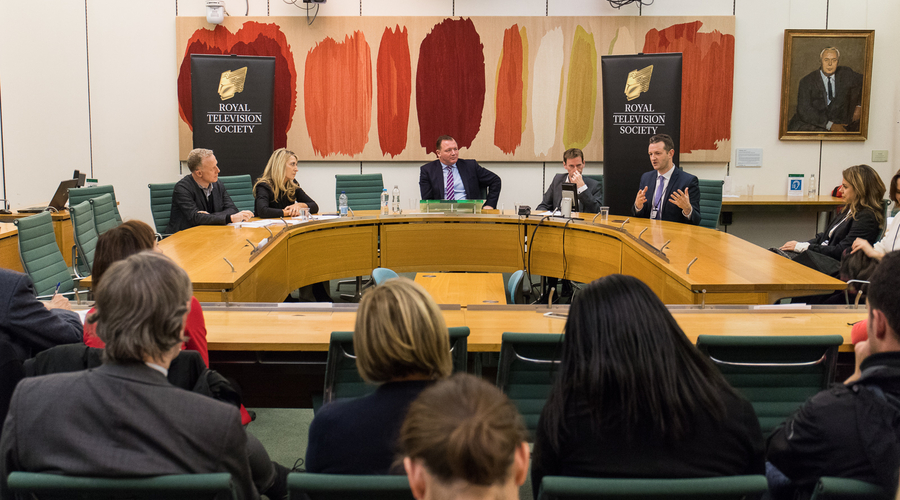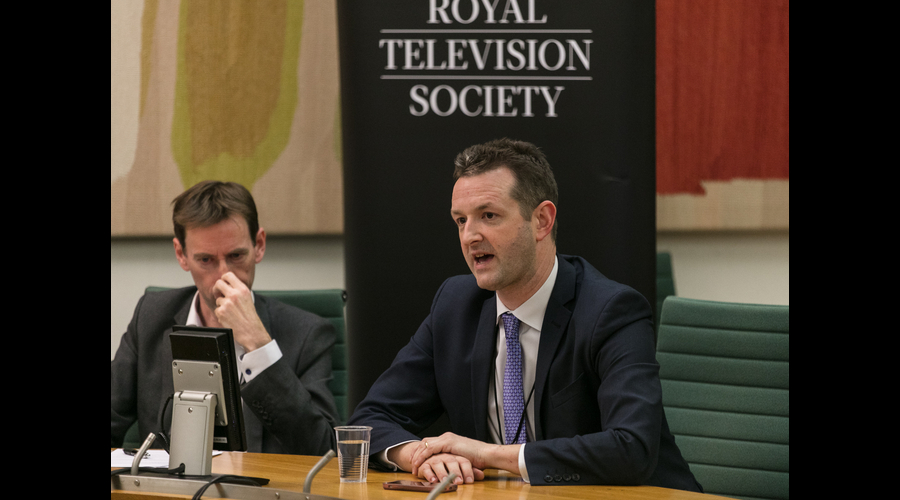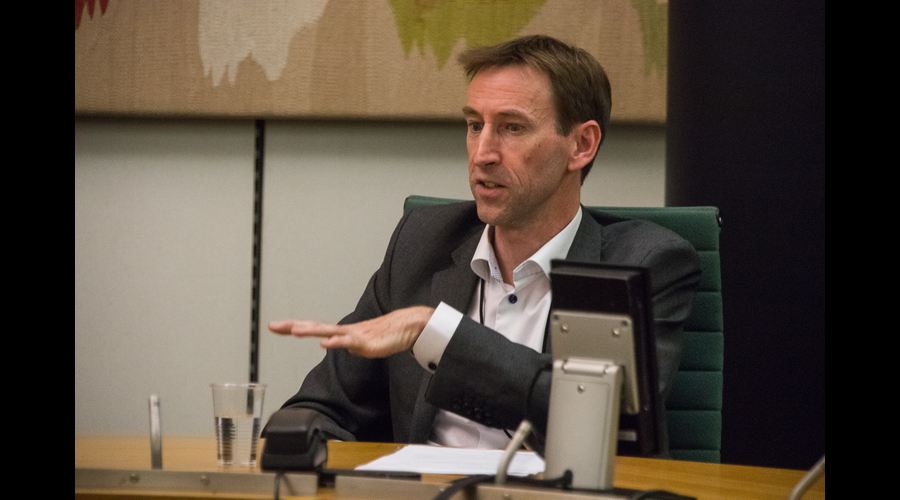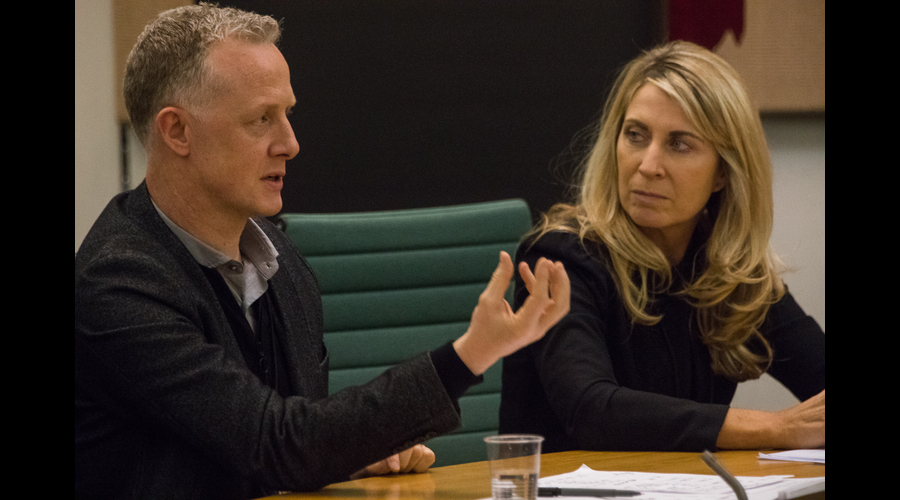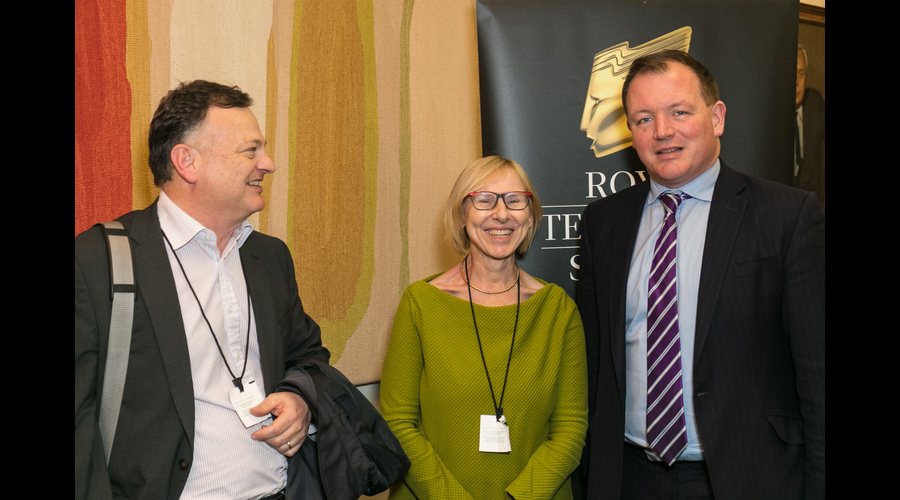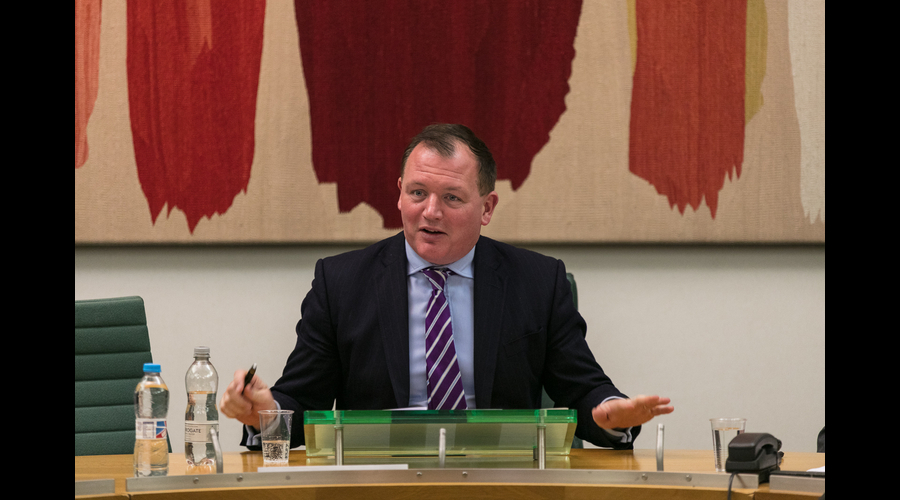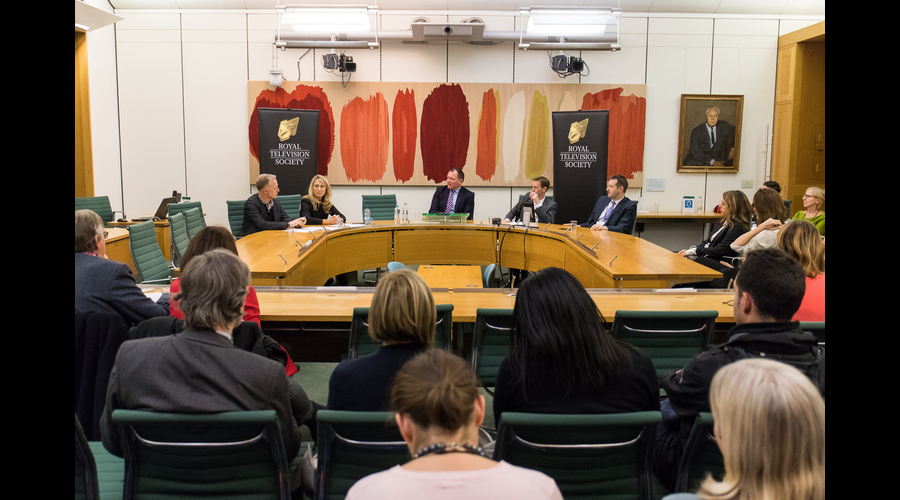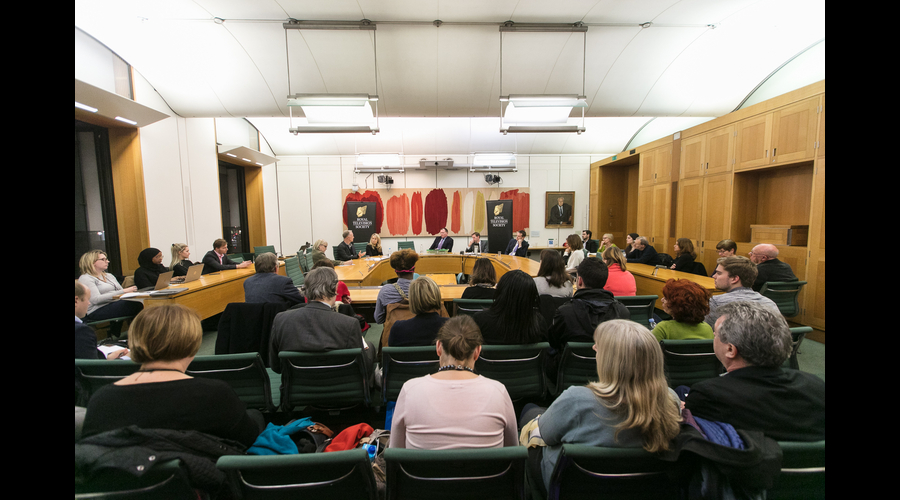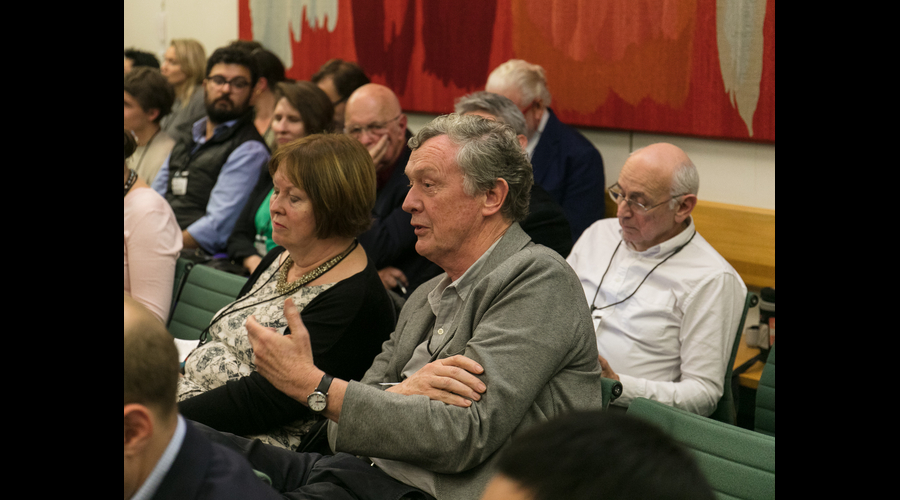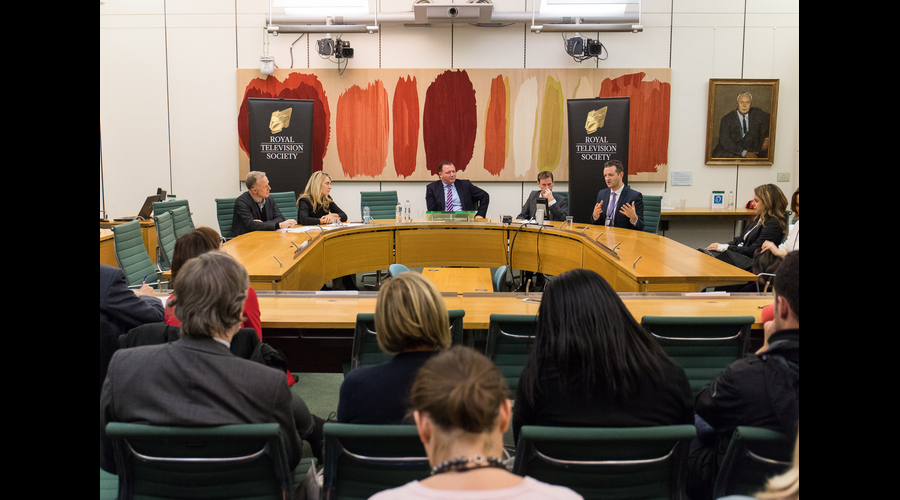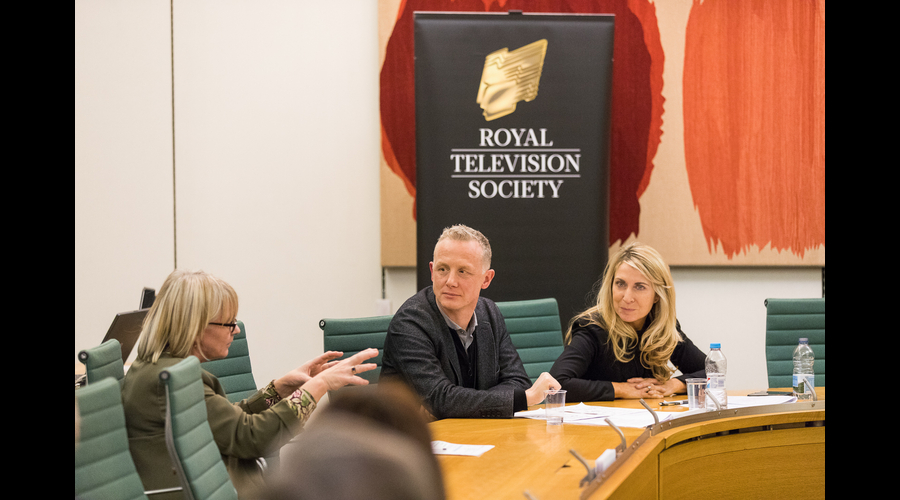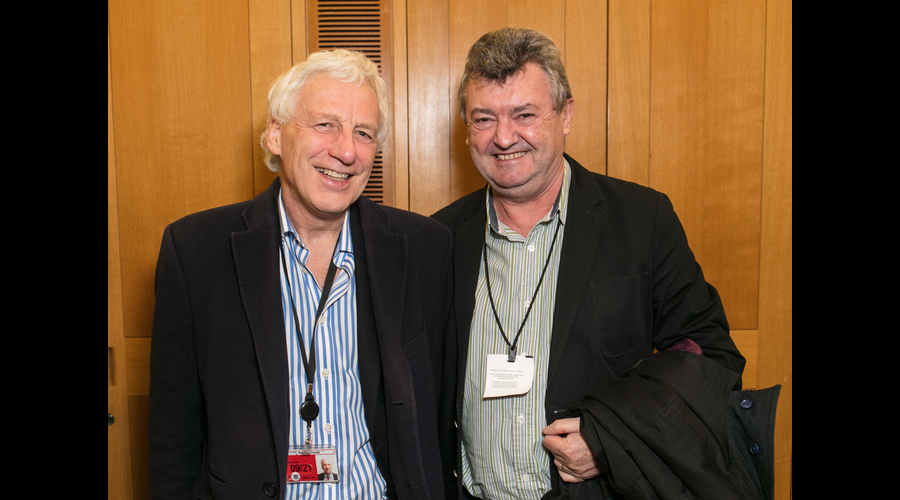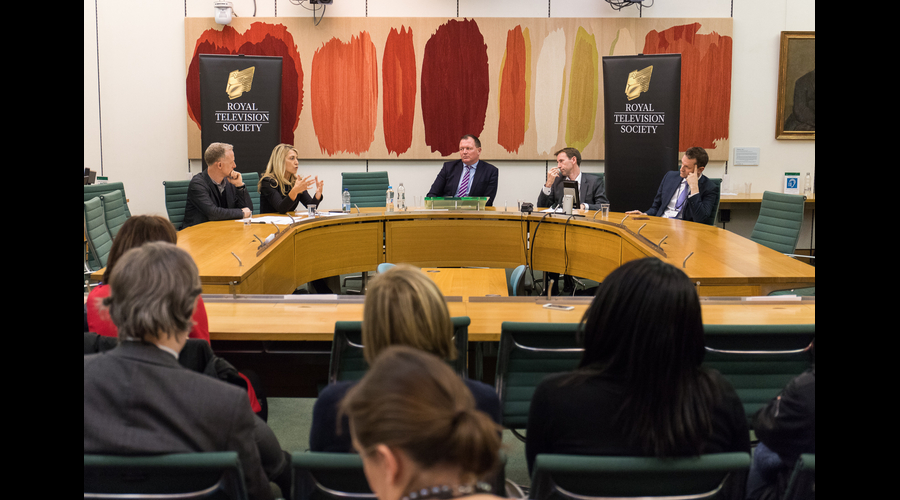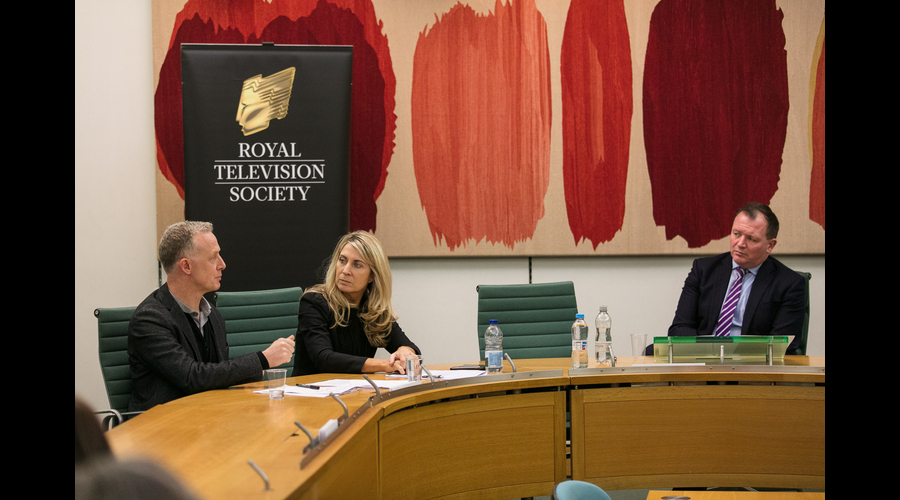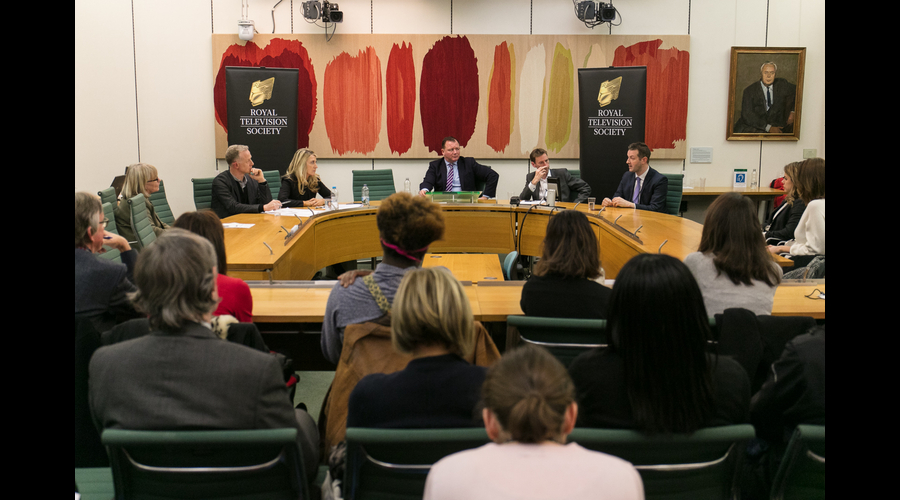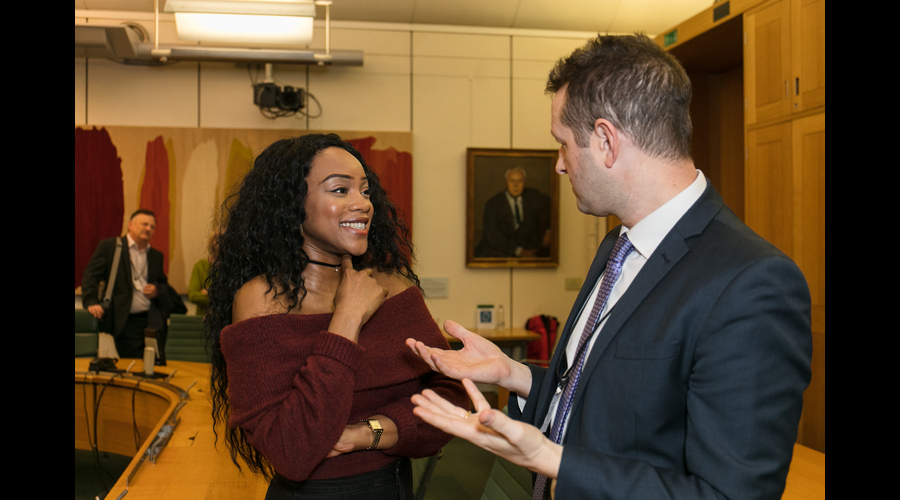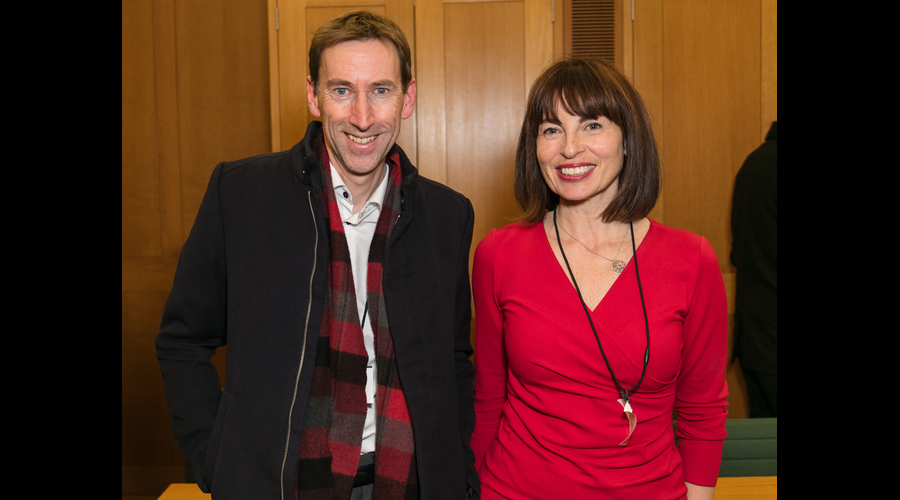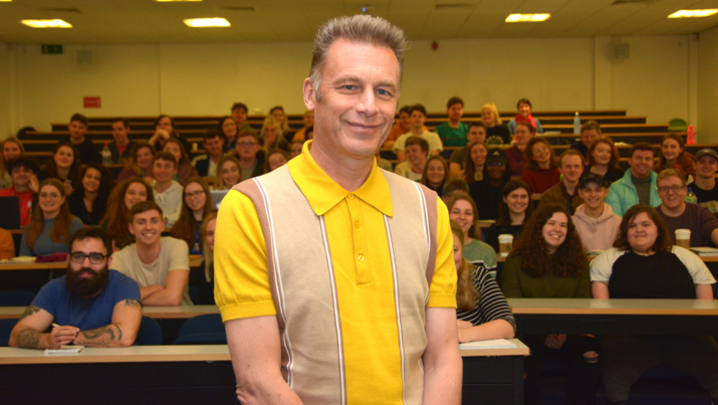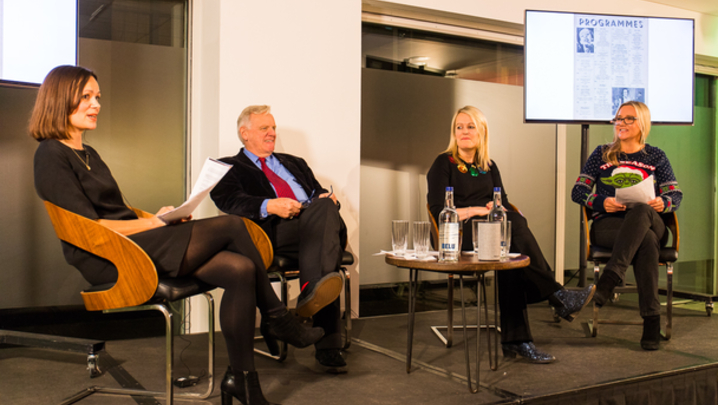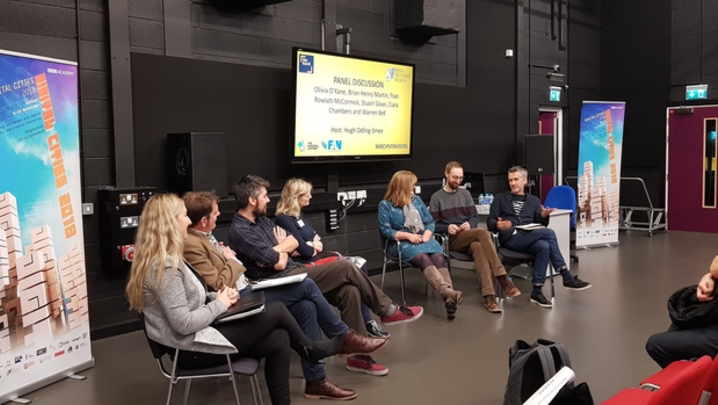The challenge of building and retaining audience trust was centre stage at the latest All Party Parliamentary Group RTS debate, The Future of TV Journalism in an Age of Fake News and Disinformation.
Deborah Turness, the ex-editor of ITV News who now runs Euronews in London as president of NBC News International following a spell as head of NBC News in New York, acknowledged that mainstream news outlets faced a challenge in the era of Trump and Brexit.
On both sides of the Atlantic mainstream media had failed to predict these events. There the parallels between Britain and America ended in terms of their different models of TV news provision.
Opinionated, unregulated cable news services such as Fox News and MSNBC – which the ex-ITN executive said was now more popular than Fox – were commonplace in the U.S.
In the U.K., however, regulation is the norm as the commercial public services’ news programmes, as well as the BBC, are governed by Ofcom and internal rule books.
Many commentators believe that fake news, often used as click bait on platforms like Facebook and disseminated peer-to-peer via WhatsApp, was flourishing.
At Euronews, Turness said “We have been very deliberate in saying ‘How do you rebuild trust?”. She added: “We are building Europe’s Town Square – all voices are welcome. We invite nationalists and populists to join the debate.”
She added: “We look for the light, not the heat, and believe we must engage … To be truly impartial is to engage with a broad spectrum of political views. How else will be trusted by the majority of audiences?”
The director of the BBC’s World Service Group, Jamie Angus, told the RTS that he was optimistic regarding the future of TV News. Not only was NBC investing in Euronews, the new owner of Sky News, Comcast, had given a ten-year assurance that it would back the service.
Alongside this was the rise of well-resourced, state-funded news channels including “some pernicious ones” like Russia Today and China’s CGTN. The latter is opening a new hub in London next year.
Fortunately, the BBC World News channel was in good shape and had confounded predictions that rolling 24-hour news channels would become obsolete in an online world.
“It’s the BBC’s single most watched channel,” said Angus.
The World Service was benefiting from new investment and a spike in the popularity of news journalism due to the phenomenon of President Trump.
However, the obsession with Trump in general and particularly his spats with the likes of CNN was distracting attention away from other important stories in such places as South Asia,| India and sub-Saharan Africa.
“There, people are suffering genuine threats to life and limb…The BBC is one of the very few remaining international broadcasters to genuinely invest in news gathering in parts of the world where it is not economically viable for commercial broadcasters to have a significant presence,” he said.
In East Africa the BBC has 300 journalists, a resource that privately owned news organisations would find uneconomic.
As impressive as this sounded, in common with other traditional news outfits, BBC News services are faced with aging audiences and the reluctance of young people to watch scheduled bulletins.
Many of us get our news from online operators like YouTube. The company’s regional director, EMEA, Ben McOwen Wilson outlined the various ways that audience can watch news content on the platform.
News clips, live streaming, mid-length reports of around 10-12 minutes and “many thousands of hours” of longer documentaries were all available on YouTube.
These were supplied by partnerships with a range of UK and international broadcasters and other news organisations.
He explained: “In the UK we work with all of the news providers, the BBC, Sky, Channel 4, with ITN, ITV and international broadcasters like Euronews, Russia Today, Al Jazeera and others.
“Alongside this we have strong relationships with people who provide us with video clips like the Telegraph, the Guardian, the FT and the Economist.
“Supplementing this we also have a number of endemic players like the Buzzfeeds of this world.”
The CEO of DigitalUK, which operates Freeview, Jonathan Thompson stressed that impartial news was a vital component of UK public service broadcasting.
However, while the consumption of TV news on traditional platforms remained strong and, according to opinion polls, was the most trusted form of news in the UK, in the long-term there were anxieties.
He was worried about news’s economic sustainability, particularly in relation to the BBC licence fee, and how younger audiences would connect to legacy news providers. Trust was also a concern.
The Future of TV Journalism in an Age of Fake News and Disinformation was an RTS APPG event held at Portcullis House, London on December 4. It was chaired by Damian Collins, MP, Chair of the Digital, Culture, Media and Sport Select Committee. The producer was Sue Robertson. A full report of the event will be published in the January edition of Television.

